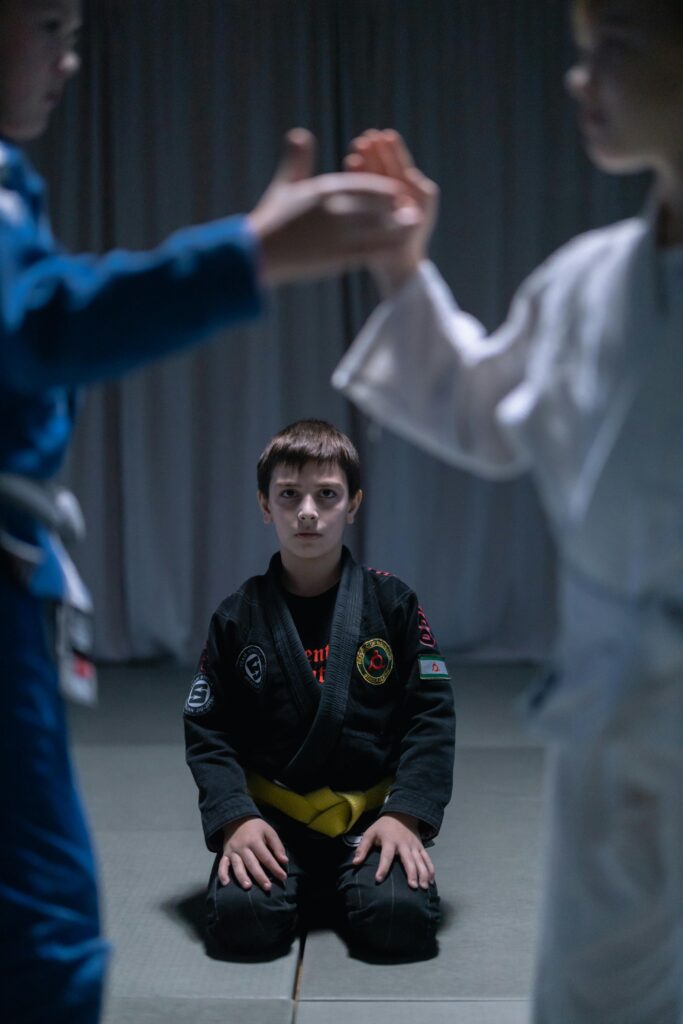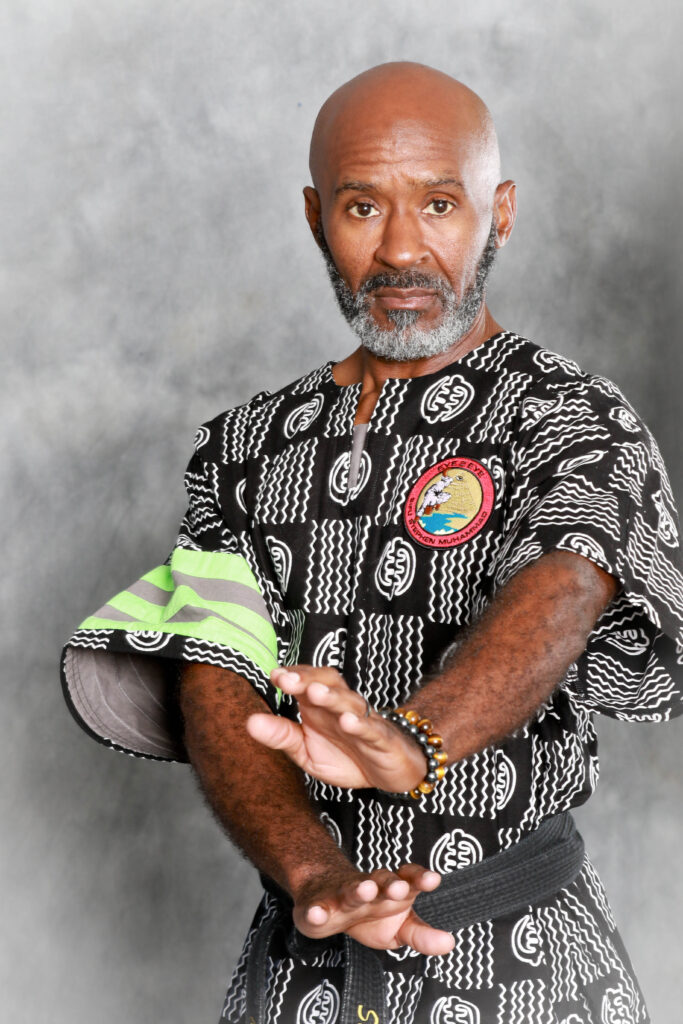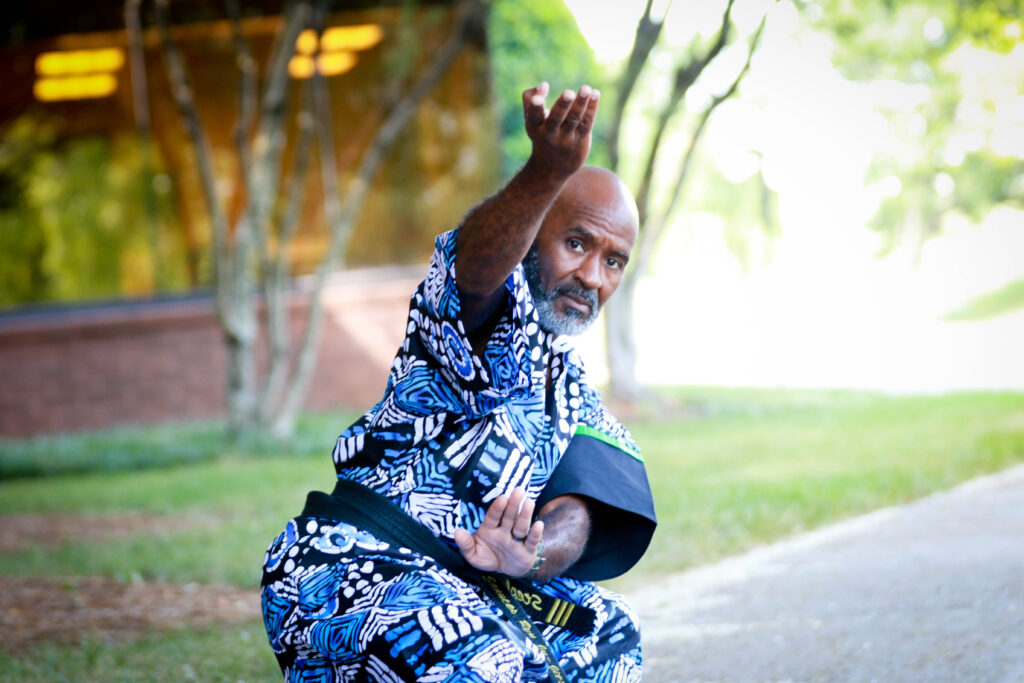Have you ever felt like you weren’t learning anything meaningful in a martial arts program? Maybe you mastered a few forms, earned some belts, but something still felt off.
That’s because traditional belt-focused programs are often more about the appearance of progress than real skill development. These cookie-cutter approaches might work for some, but for many, they fail to deliver meaningful results.
In this article, we’ll break down the limitations of these standardized systems, explore how they fall short in preparing students for real-world challenges, and show you what truly effective martial arts training looks like.
The Problem with Standardized Martial Arts Training
Traditional martial arts schools often focus on structured curriculums with rigid timelines. While this might seem like a good idea, it overlooks the most important factor in training: you.
Uniform Progression vs. Individual Growth
In standardized systems, every student is expected to progress at the same rate. Advancement is tied to how long you’ve been training rather than how well you’ve mastered the techniques.
This creates a one-size-fits-all approach that ignores individual strengths and learning speeds. If you’re a fast learner, you may feel held back. If you need extra time, you could feel rushed.
Overemphasis on Memorization Over Application
Many traditional schools prioritize memorization of forms (katas) over practical application. Students spend years perfecting movements designed for demonstrations rather than real-life situations.
This leaves a critical gap—learning how to adapt those movements to protect yourself in unpredictable scenarios.
Lack of Adaptation to Real-Life Threats
Life doesn’t hand you a script during dangerous situations. Yet, many martial arts programs teach rigid techniques that are rarely applicable in real-world settings.
What happens when your attacker doesn’t follow the move you rehearsed? Practical martial arts training should prepare you for these unpredictable dynamics, but many standardized systems don’t.
The Hidden Costs of Traditional Martial Arts Schools
Beyond the visible limitations, cookie-cutter programs can have less obvious drawbacks that may leave you feeling disillusioned or burned out.
Financial Strain from Gradual Belt Advancements
Have you ever wondered why there are so many belt levels? Belt tests often come with hefty fees, and programs that emphasize belt progression may use these as revenue streams.
For families with multiple students, the costs can add up quickly, making martial arts less about learning and more about paying for the next color belt.
Declining Student Engagement
Repetition without purpose can lead to boredom. When students don’t see the relevance of what they’re learning, they lose motivation.
This is especially common in programs that rely heavily on drills and scripted techniques without connecting them to real-world situations.
Missing Holistic Development
Martial arts should build the mind as much as the body. Many cookie-cutter programs fail to teach critical aspects like strategic thinking, emotional discipline, or situational awareness.
These are essential skills that set martial artists apart—not just as fighters, but as confident individuals.
Why Practical Training Outshines Cookie-Cutter Models
Martial arts training should do more than teach you how to block and strike. It should help you grow as a person, equipping you with skills that are immediately applicable to your daily life.
Focus on Immediate Skill Application
Imagine learning techniques you can use right away. A practical martial arts program focuses on real-world scenarios—how to handle a grab, neutralize an attack, or escape a dangerous situation.
This approach builds confidence because you know the techniques work outside of the dojo.
Importance of Energy Mastery
True martial arts training goes beyond physical movements. It teaches you to sense and control energy, allowing you to redirect an opponent’s force to your advantage.
This understanding turns every movement into a strategy, making you more efficient and effective in self-defense.
Strategic Thinking Over Symbolic Belts
A belt doesn’t make you a martial artist—your mindset does. Practical programs emphasize strategic thinking: assessing situations, staying calm under pressure, and adapting your techniques to fit the moment.
This skill set prepares you not just for self-defense, but for handling life’s challenges with clarity and control.
Community and Personal Growth
Martial arts should foster a sense of belonging. Programs that emphasize personalized growth build tight-knit communities where students support one another.
This environment not only makes training enjoyable but also helps you develop respect, patience, and empathy—values that extend beyond the dojo.
Eye2Eye Combat’s Unique Approach
Traditional martial arts programs often rely on repetition without purpose, leaving students feeling stuck in a cycle of routine. At Eye2Eye Combat, we focus on you as an individual, not just a participant in a class.
Our training is built to empower every person, regardless of their age or skill level, with techniques that deliver immediate, practical results.
Martial arts should transform your abilities and mindset, and that’s exactly what we deliver with every session.
Blending Martial Arts Styles for Versatility
We combine the most effective techniques from Aikido, Jiu-Jitsu, and other martial arts styles to create a system that’s versatile and adaptable.
Each discipline brings unique strengths—like Aikido’s fluid movement and Jiu-Jitsu’s grappling expertise—that work together to prepare you for real-world situations.
Whether it’s managing a larger attacker or de-escalating a confrontation with precision and minimal force, our training equips you to handle whatever comes your way.
Custom Training for Diverse Needs
Every student is unique, and so is their path to growth. That’s why we tailor our programs to meet your goals.
Whether you’re a teen working on confidence, a senior aiming to improve mobility, or a parent focused on protecting your family, our classes are designed with you in mind.
For instance, our Teen Self-Defense classes help young adults think strategically and build inner strength, while our Senior Citizen programs emphasize gentle movements and safety.
We’re here to ensure that everyone—regardless of age or ability—has access to training that works for them.
Immediate Confidence and Skill Building
You shouldn’t have to wait months to feel confident in your abilities. From your very first class, we focus on teaching practical, real-world techniques that you can use immediately.
Whether it’s learning a simple yet effective escape move or mastering situational awareness, every session is designed to leave you feeling stronger and more capable.
Our goal is to provide skills you can apply right away, not just drills to memorize.
Accessible Training Formats
We know life is busy, and that’s why we’ve made our training formats as flexible as possible.
Whether you need private sessions, prefer group classes, or want us to come to your location, we’ll make it work for you. Our goal is to provide training that fits into your lifestyle without sacrificing quality or results.
With a variety of options, including personalized instruction and family-focused classes, we ensure that learning self-defense is both convenient and impactful.
Supporting Families with Parenting Workshops
Martial arts isn’t just about personal growth—it’s about building stronger families and communities.
That’s why we’ve partnered with Bright Stars CDC to offer parenting workshops that blend martial arts principles with practical strategies for creating safe, nurturing homes.
These workshops are designed to empower parents and children alike, helping families grow closer while learning valuable skills.
Teaching Respectful Communication
Respectful communication is the cornerstone of any strong family. Our workshops show parents how to foster open dialogue with their children, teaching techniques that encourage understanding and mutual respect.
By incorporating principles like discipline and mindfulness, we help families create environments where communication is a tool for connection and growth.
Establishing Healthy Boundaries
Boundaries are essential for healthy relationships, but many families struggle to implement them effectively.
Our workshops guide parents in setting clear, consistent limits that promote responsibility and independence without stifling individuality.
These boundaries help children feel secure while teaching them how to navigate challenges with confidence.
Building Safer Home Environments
A safe home is the foundation of self-defense. Our workshops include practical strategies for improving situational awareness and recognizing potential risks.
We teach families how to create secure spaces and respond effectively to threats, equipping both parents and children with tools to feel confident and protected in their daily lives.
Community Empowerment Through Family Training
When families learn together, communities grow stronger. These workshops go beyond individual households, creating a ripple effect of empowerment and connection.
By teaching families to communicate, protect, and support each other, we’re fostering a culture of strength and resilience that extends far beyond the dojo.
Families leave not just with new skills, but with a deeper bond and a sense of shared purpose. Explore our workshops today and discover the power of learning together.
Learn, Grow, and Protect What Matters Most
Cookie-cutter martial arts programs promise structure but often fall short where it matters most: practical skill development and personal growth. They focus on belts and memorization instead of preparing students for real-world challenges.
At Eye2Eye Combat, we offer an alternative that puts your needs first. With practical techniques, personalized training, and a focus on immediate application, we’re here to help you grow into a more confident, capable version of yourself.
Stop settling for programs that don’t deliver. Join a system that works for you—because you deserve more than a belt. You deserve mastery.
FAQs
Why am I not improving at martial arts?
Improvement takes time, and sometimes the problem isn’t your effort—it’s the training approach. If your program focuses too much on memorization or rigid routines, it might not address your specific needs or learning style. At Eye2Eye Combat, we tailor training to help you build practical skills and confidence, so every session feels like progress.
What is the hardest martial art to master?
The hardest martial art to master depends on your goals and natural abilities. Disciplines like Brazilian Jiu-Jitsu can be physically demanding, while styles like Aikido require precision and patience. What matters most is finding a system that challenges you in a way that helps you grow. The best martial art is the one you stick with.
Is Wing Chun ineffective?
Wing Chun isn’t ineffective, but its practicality depends on how it’s taught. It excels in close-range combat and speed but often works best when combined with other styles. At Eye2Eye Combat, we believe no single system has all the answers—that’s why we integrate techniques to give you a well-rounded skill set for real-world situations.
Can martial arts help with stress management?
Absolutely! Martial arts isn’t just about physical defense; it also helps you focus your mind, release tension, and build resilience. Training teaches you how to stay calm under pressure, both on and off the mats. Many students find that martial arts becomes their go-to way to unwind and refocus after a stressful day.





